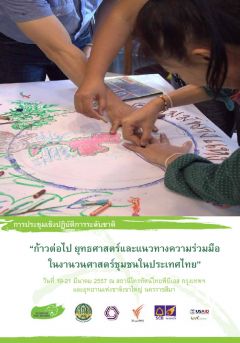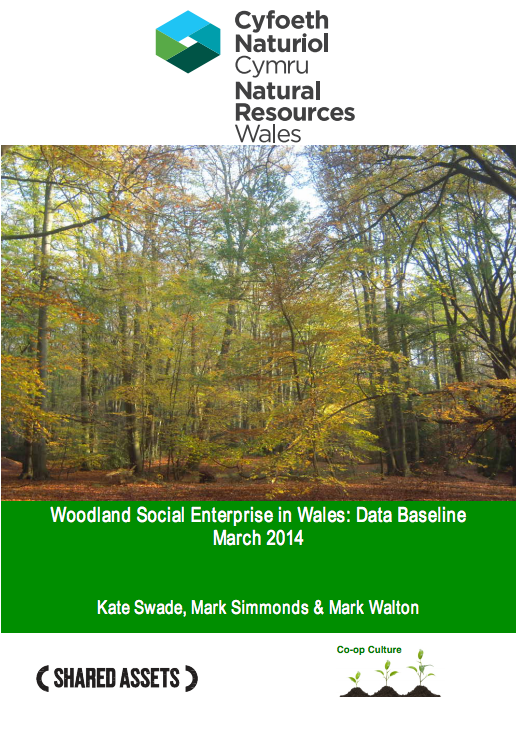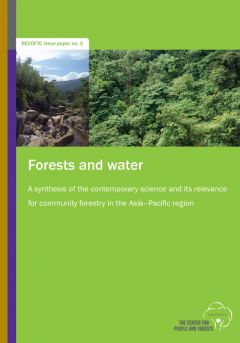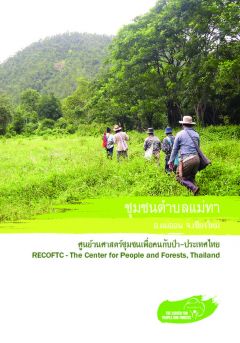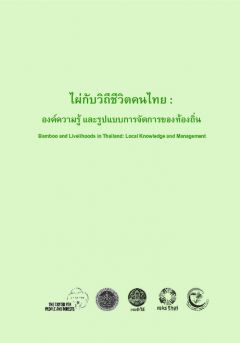Forests and Climate Change After Warsaw: An Asia-Pacific Perspective
The 19th Conference of Parties (COP) of the United Nations Framework Convention on Climate Change (UNFCCC) was held in Warsaw, Poland, 11–22 November 2013. The outcomes of COP 19 are expected to have a significant impact on developments in the field of forests and climate change over the coming year. In view of this, forest sector stakeholders in the Asia-Pacific region require succinct and accurate information on the implications of COP 19 discussions and their significance to forest policy decisions and practice.


